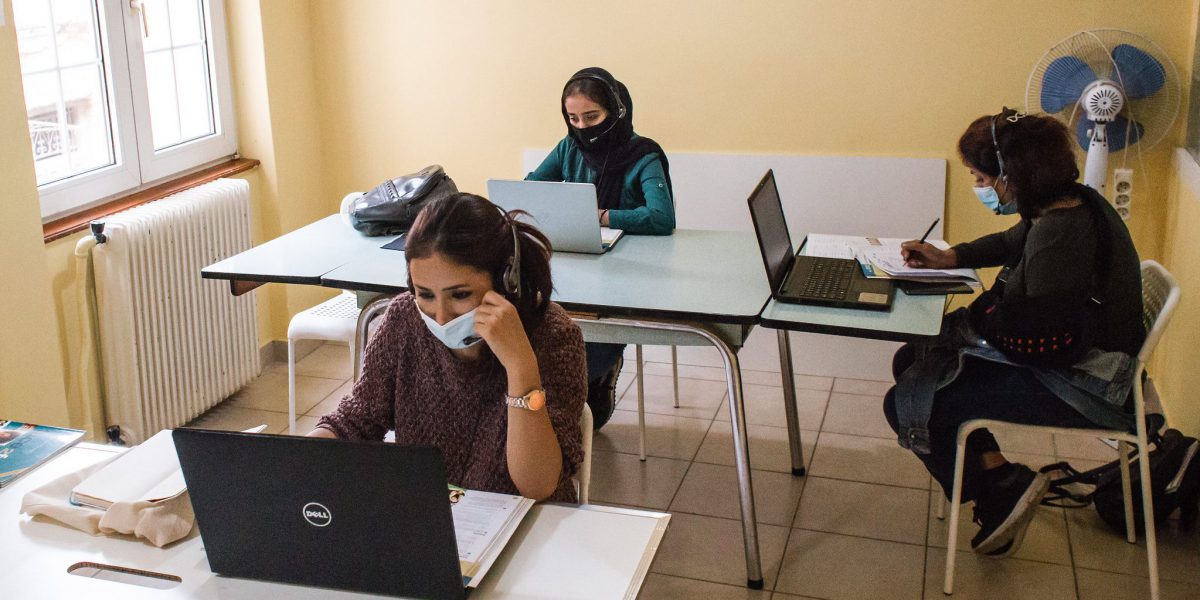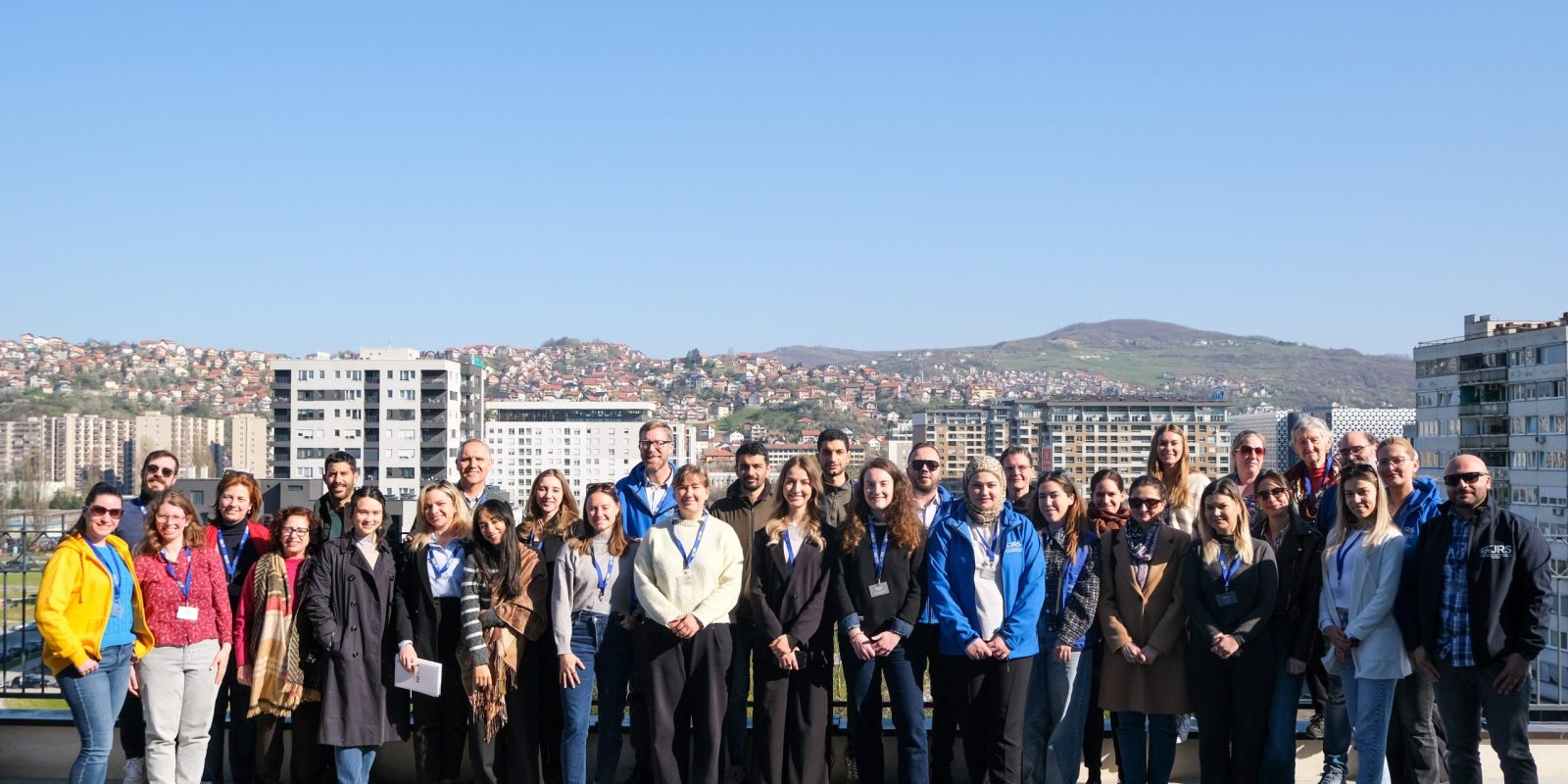Seeking protection in a pandemic: Covid-19 and the future of asylum
16 April 2021

Jesuit Refugee Service USA (JRS/USA) and Georgetown University’s Institute for the Study of International Migration (ISIM) recently published Seeking Protection in a Pandemic: COVID-19 and the Future of Asylum, a report which finds that restrictions put in place to protect public health during the pandemic will have long-lasting impacts on US and global asylum policies, and that these restrictions amplified existing inequalities between displaced and host populations. The report, which provides snapshots of policies and their impacts from regions and countries around the world, makes clear that people seeking safety from persecution and violence have not been able to legally do so over the last year.
The section on the European territory, provided by JRS Europe, gives a brief account of the EU’s Common European Asylum System, and critiques unequal application of these standards across Member States. Particular emphasis is placed on the ways in which the pandemic drastically worsened already meagre conditions in detention and reception facilities. These issues are thoroughly explored in the two reports Covid-19 and Immigration Detention: Lessons (Not) Learned and From Bad to Worse: Covid-19 Aggravates Existing Gaps in the Reception of Asylum Seekers.
The report includes a series of recommendations asking policy makers all around the globe to:
- Re-instate access to asylum, including at the US border, putting in place measures that manage risks to public health, but that do not deny persons seeking protection.
- Increase investments in asylum systems to boost operational capacity and ensure that backlogs exacerbated by the pandemic are addressed.
- Cease the detention of children and provide safe and hygienic spaces for minors which have demonstrated past success.
- Provide safe and legal pathways for protection to those who are eligible including resettlement, family reunification policies, and humanitarian visas.

